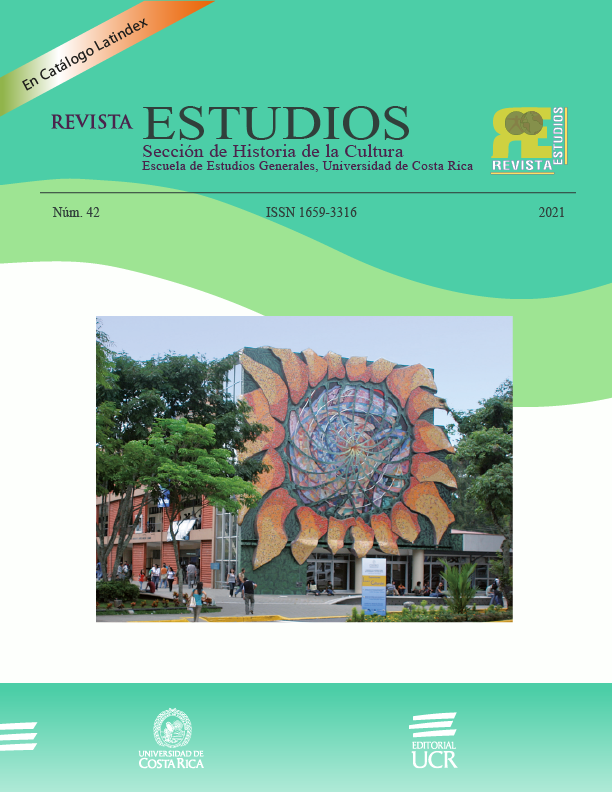Abstract
This qualitative research presents the phenomenon of education in delinquency-related contexts in Costa Rica, regarding preventive, institutional and exiting-prison domains, through interviews with field experts. This paper describes the current state of juvenile delinquency and the educational context within the Centro de Formación Juvenil Zurquí (CFJZ) in the midst of the sanitary crisis related to COVID-19. The relevance of community health approaches is described, approaches sensitive to interinstitutional dialogues and inclusive of juveniles and their teachers. Through qualitative analyses of expert interviews, a grounded theory is proposed based on the multifactorial complexity of education within these contexts. An intersectoral community intervention model is offered, acknowledging the intersections between the three phases of the phenomenon: the social realities previous to criminalization, juvenile institutionalization and prison release processes, with special emphasis on the role that public education has in each phase.


